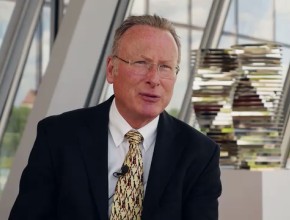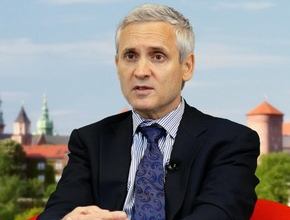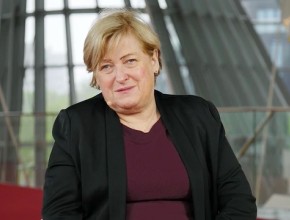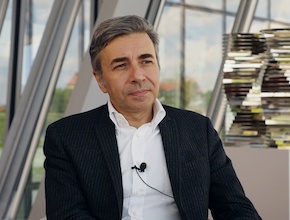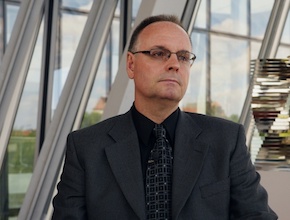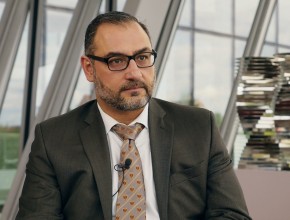There is a tendency to keep the duration of antibiotic treatment for community-acquired pneumonia as short as possible. Treatment of 5 days is safe and effective but is it associated with an increased risk of selection of resistant pathogens?
Mark Woodhead: It is something we have to be careful of. Partial treatment or incomplete treatment of a bacterial infection is a good way of generating resistance, which is why it is important we base our decisions on properly conducted clinical trials that examine this circumstance.
I think for patients who have mild illness – in other words, they do not have severe illness – there is a reasonable evidence base looking at a number of different antibiotic types to suggest that you do not need to give more than 5 days to safely produce a cure. Historically, we used to use much more; of course, if you use them for longer, you then have the problem of high risk of side effects, so it is getting the balance right.
For patients with more severe infections, we still do not know where the balance lies, because the trials have not been done. We give a range of suggestions of 7 to 10 days of treatment, but that is not based on hard evidence at the moment.
 English
English
 Español
Español
 українська
українська

